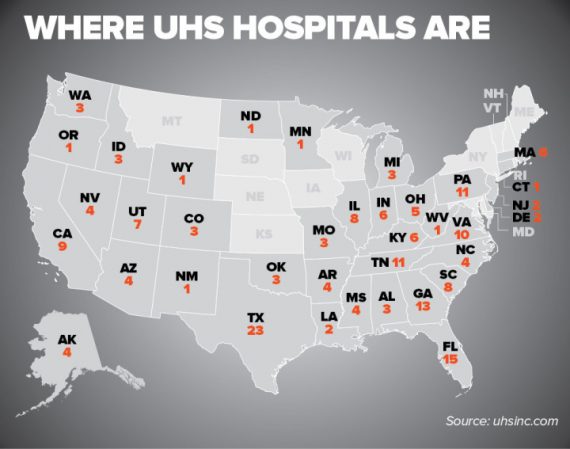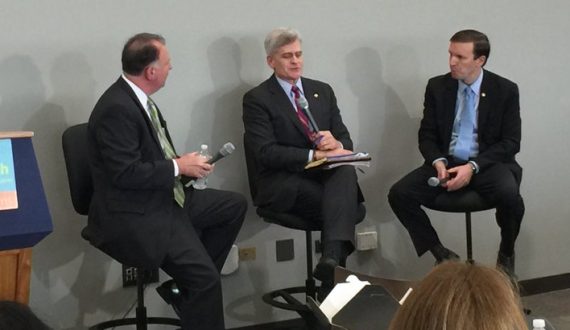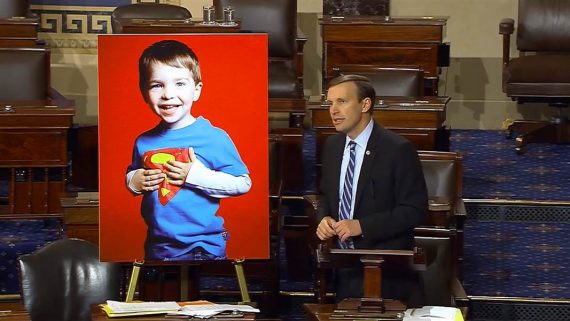
(1-2-17) I was honored last week to be interviewed by Jennifer Bleyer, a senior editor at Psychology Today.
A New Day for Mental Health
Author and advocate Pete Earley reflects on passage of mental health reform.
In a year when political discourse seemed to reach all new levels of fire-spitting acrimony, one collaborative bright spot was the recent passage of the 21st Century Cures Act, part of which aims to reform the nation’s mental health care system.
The $6.4 billion legislation received broad bipartisan support in the Senate and House and was signed into law by President Obama earlier this month, and includes provisions intended to improve the diagnosis and treatment of mental health and substance use disorders, increase access to effective, evidence-based mental health services, and shift the seriously mentally ill away from the criminal justice system and into appropriate treatment.
I heard author and mental health advocate Pete Earley speak about the pending legislation in September at a National Press Foundation fellowship seminar, Training Journalists in Mental Health, in Washington. Earley is the bestselling author of Crazy: A Father’s Search Through Mental Health Madness, a 2006 book that tells the story of his own experience after his college-aged son developed bipolar disorder and spent years cycling through hospitals and jails; Earley also reported on life inside Miami Dade County Jail, which like much of the U.S. prison system has become a de facto warehouse for the untreated or undertreated mentally ill.
Since the publication of Crazy, Earley has become a vocal advocate for mental health reform in writing and speeches to stakeholders all over the country. He has testified or appeared before Congress five times, including once in the exploratory phase of the legislation that just passed. I reached out to Earley to hear his thoughts on the new law.
What’s your general reaction to the passage of this legislation?
Overall, I’m hopeful that this bill signals a real shift in where mental health is going. It refocuses programs on evidence-based tools that will look at serious mental disorders such as schizophrenia, bipolar disorder, and severe and persistent depression rather than other DSM-5 disorders, such as restless leg syndrome and problems of the so-called “worried well.” It calls for a serious reexamination of HIPAA with an eye toward allowing caregivers, especially parents of the mentally ill, more access to information and participation in the treatment team, which is good. It calls for additional funding forassertive community treatment, which is perhaps the most effective and cost-efficient way of treating people in our communities, especially when combined with housing. I’m especially thrilled with the emphasis on how to stop the inappropriate incarceration of people with mental illness. What we’ve discovered is it’s cheaper to provide treatment and help people than it is to have them going in and out of jail constantly. So I like the funding that Senator John Cornyn of Texas got for crisis intervention team (CIT) training, which teaches law enforcement and communities how to handle the mentally ill, as well as mental health courts and reentry programs.
Overall, I think the biggest achievement is that it elevates the importance of mental health in the federal government through the appointment of an Assistant Secretary for Mental Health and Substance Abuse. I think that will cause a major shift in [the] Substance Abuse and Mental Health Services Administration, which is what Rep. Tim Murphy (a sponsor of the bill) wanted, making it focus more on mental health and less on programs that Murphy strongly felt are anti-psychiatry and feel-good programs with little value. All of the changes in the new law are positive steps forward, but it will all depend on whether someone strong enough to change the culture at SAMHSA is appointed and whether HHS and the feds put money behind necessary services, which they have never done adequately.








